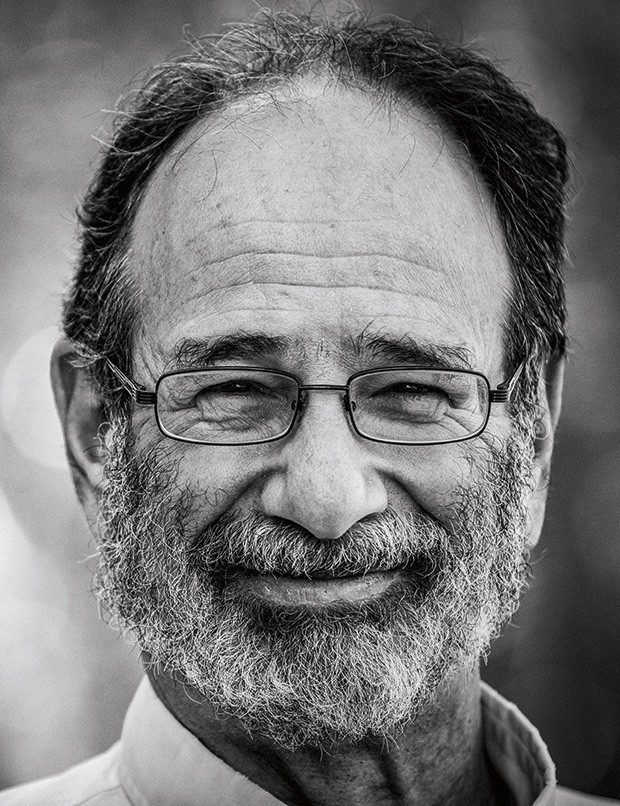Here's a story, about kidneys and about books, in inews.co.uk:
‘It’s a gift with no conditions attached’: Why I donated my kidney to a person I’ll never meet. 250 people die each year in the UK because there are not enough kidneys available. So when GP Richard Armitage discovered altruistic donation was possible, he gave away an organ. By Tom Ough
"Despite being a GP, Richard Armitage had spent most of his career unaware that altruistic donations were possible. In this respect, Armitage, 34, was like many of his colleagues in the medical profession. That changed in 2017. Armitage, visiting the Nobel Laureate Museum Stockholm, bought a book by Alvin Roth, an economist who won a Nobel Prize in 2012. The book was Who Gets What — and Why: The New Economics of Matchmaking and Market Design, and in it Roth wrote how we allocate things within markets that aren’t dictated by money.
"Examples include the allocation of children to schools, doctors to hospitals, and kidneys to people with end-stage renal disease. Roth discussed what is known as non-directed altruistic kidney donations – in short, kidneys donated to strangers. Sitting on the plane home, Armitage read the book with fascination. When he returned to Nottingham he checked the NHS website to see whether non-directed altruistic kidney donation was possible in the UK. It was.
...
"In 2018 altruistic donors began being routinely added to the UK Living Kidney Sharing Scheme (UKLKSS), which oversees this sharing of organs by living donors. Apparently as a result of the move, in 2019 there was a 60 per cent rise in altruistic donations – from 124 to 183. Twenty-eight per cent of kidney transplants are now from living donors.
...
"It seemed a good application of the kind of moral philosophy that Armitage had discovered the same year, 2017, when he read Famine, Affluence and Morality. It is an influential essay in which Peter Singer, an Australian philosopher, argued that the West should be donating far more resources to humanitarian causes.
...
"All of Armitage’s intellectual discovery, including his reading of Roth’s writing on kidney donation, happened in one year, 2017 – also the year that Armitage finished his GP training. It marked the end of “a 10-year head-down slog” that began with the first day of medical school. “After I passed my last exam, it felt like I finally lifted my head up and asked: ‘But why am I doing this?’”
"And so Armitage’s first conversation with his regional kidney transplant centre was followed by an appointment with a Living Donor Nurse, who explained what donation would entail: the testing, the preparation, the surgery. Armitage was invited to speak to his loved ones and consider whether he was ready; it turned out he wasn’t.
"There were several hold-ups. At first, Armitage felt the beginning of his GP career was the wrong time to take weeks off work. Then Covid stalled the NHS’s kidney-sharing scheme. Armitage still wanted to donate his kidney, and successfully underwent a battery of investigations: a renal tract ultrasound scan, an electrocardiogram, chest X-ray, various fasted blood tests, and an X-ray of his kidney. As per the requirements of the donation scheme, Armitage met a clinical psychologist to discuss his state of mind, put the psychologist in touch with a loved one in order to independently assess his state of mind, and met a representative of the Human Tissue Authority to ensure that he was not donating his kidney under duress or for financial gain.
...
"Armitage spent several weeks in Ukraine as part of his work for the charity UK-Med, which sent British medics to deliver emergency healthcare. “That obviously meant I couldn’t continue with the donation process,” he says with some understatement. But when he got home, he told the donor team he was ready. “Can we crack on?”, he asked.
"The operation was on 23 November. Everything was in place; Armitage was part of a chain on which three people with end-stage renal disease were due a kidney.
...
"And just before he was discharged – three days after surgery, having convinced the hospital staff he was ready to take care of himself – he was informed that all the recipients in the chain now had working kidneys. “That was a very meaningful moment that made it all worthwhile,” says Armitage."














